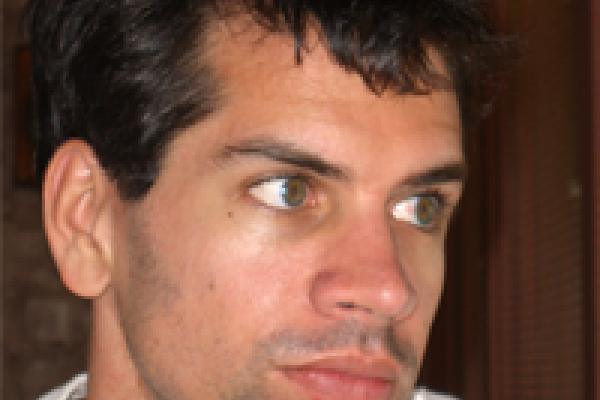
Abstract: The realization of a quantum computer would enable us to solve problems that cannot be solved with even the most powerful supercomputers based on classical technology. Building a quantum computer requires precise control over the state of a system possessing only a few quantum degrees of freedom. In this talk, I will focus on a quantum bit represented by a single electron spin trapped in a semiconductor quantum dot. The electron interacts with up to a million nuclear spins in the surrounding material through the hyperfine interaction, leading to a rapid randomization of the electron spin state and a loss of the information it encodes. Understanding how an electron spin evolves in a bath of nuclear spins is an old, challenging problem in theoretical physics known as the Central Spin problem. I will present our recent nonperturbative solution to this problem, which reveals unusual many-body quantum dynamics and offers important lessons on how to reduce the rate of information loss in spin qubits. I will also discuss our new theoretical approach on the dynamic creation of nuclear spin polarization through manipulation of the electron spin, shedding light on recent experimental puzzles.
